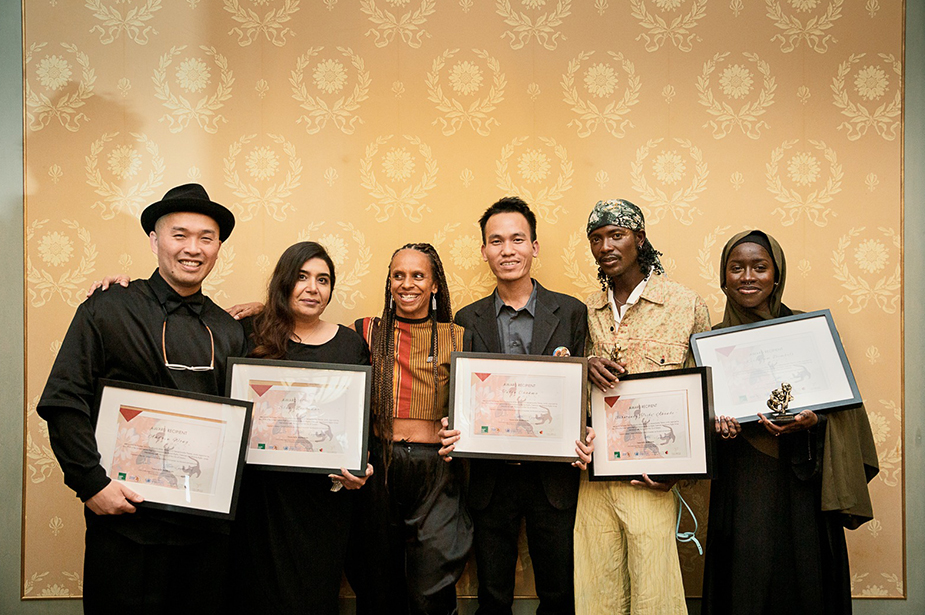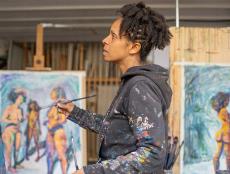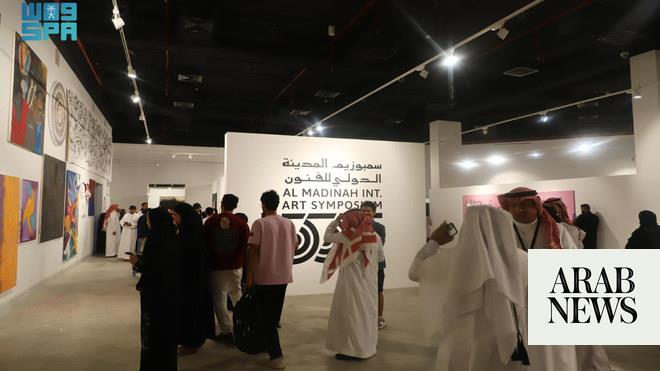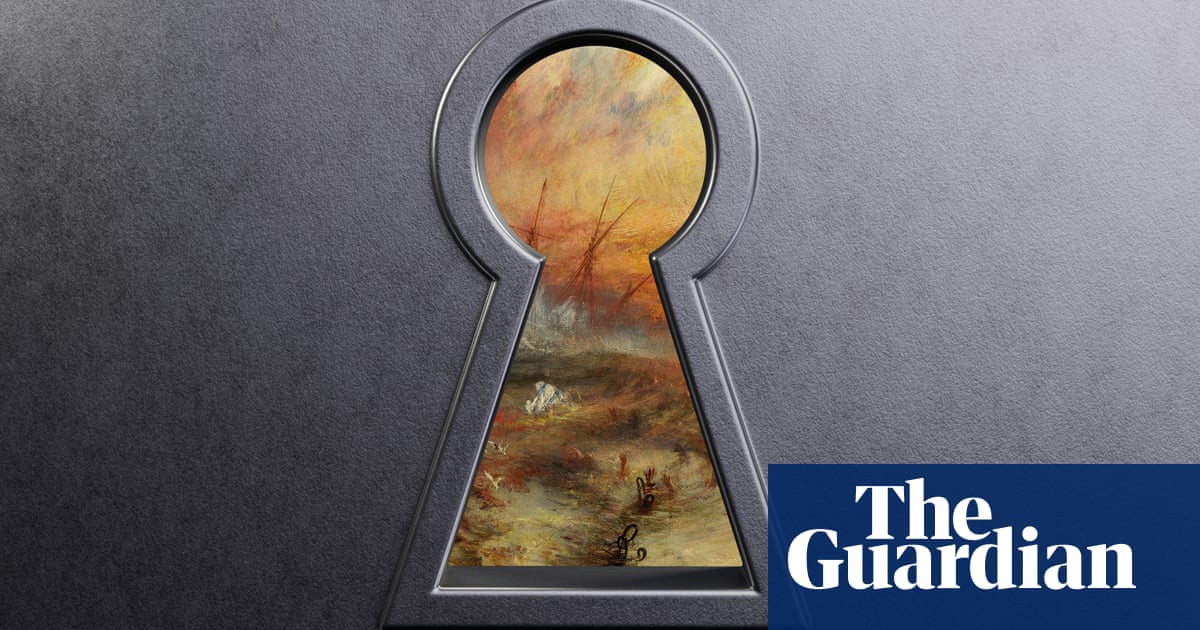
The top awards for the 2023 International Contest for Minority Artists were presented to four award winners — Babatunde “Tribe” Akande, Bianca Batlle Nguema, Mehdi Rajabian and Karhoum Dembele — during a special ceremony in Geneva, Switzerland.
Honorable mentions also included Aluízio de Azevedo Silva Júnior, Tufan Chakma, Andrew Wong and Elahe Zivardar.
“Within a minute of looking at each piece of art submitted this year, the reasons to continue the fight for the realization of minority rights is so obvious, just in front of our eyes,” said Alexandra Xanthaki, UN Special Rapporteur in the field of cultural rights and a judge for the contest.
UN Human Rights partnered with civil society organizations, Minority Rights Group International, Freemuse and the City of Geneva, for the second edition of the International Art Contest for Minority Artists. The theme of this year’s contest was for minority artists to expose, explore, and address matters relating to intersectionality and compounded forms of discrimination through their artwork.
“The concept of intersectionality has challenged the traditional belief that discrimination is a single categorical axis,” Xanthaki said. “It highlights that the discrimination on the grounds of ethnic, religious or linguistic minority identity very often coincides with discrimination and marginalization on other grounds too, including gender identity or gender expression, sexual orientation, disability, age or other grounds. Discrimination is not merely added as an additional layer to the existing one; it really becomes an impossible snowball that lands on individuals and groups’ everyday lives and consumes their core.”
The Winners
Bianca Batlle Nguema said she uses large-format canvases to depict the existence, narratives and resilience of people of African descent and mixed-race people, mostly of women, in European societies. Nguema was born in Barcelona who has a Spanish father and a Guinean mother.
”My pieces help me see myself, contemplate the shapes of my body, become aware of the color of my skin, deeply feel where my soul comes from,” she said. “My paintings help me understand the path all my African ancestors have walked, the battles they have fought.”
The Judges Panel were moved by Nguema’s vibrant paintings.
“Bianca’s art speaks volumes, capturing the essence of women in her community with a clarity that transcends words,” said Abdullah, one of the judges, a Rohingya photographer based in Bangladesh and award-winner of last year’s contest. “Each piece is a testament to her transparent imagination, where the canvas becomes a vessel for unspoken voices.”
Mehdi Rajabian uses music to spread human rights messages to advocate for women’s rights, artistic freedom, freedom of religion or belief, and peace. An Iranian composer, producer and human rights activist, he has been imprisoned many times for his work and accused of spreading propaganda through his music.
“I believe that everything in the universe can be questioned and so far, I have done this with art,” Rajabian said. “Silence in the face of oppression is complicity with the oppressor. I cannot be silent.”
Babatunde “Tribe” Akande is a queer and nonbinary, self-taught storyteller and multimedia artist from Lagos, Nigeria who self-identifies as member of the Yoruba community. Akande’s work draws on the complexities of individual identities and the existence of intersectional experiences of discrimination.
“By acknowledging the strength of our words and the stories we tell, we can foster collective efforts to combat and eradicate detrimental attitudes such as homophobia, racism, misogyny, and work towards building a more inclusive and compassionate world where understanding and acceptance prevail,” they said.
Karthoum Dembele, a 21-year-old French Muslim artist of Malian origin found her passion for analogue photography when she joined Hijabeuses, a civil society organization defending Muslim women’s right to wear the veil in official soccer competitions in France.
“Soccer started out as a passion for me, but it also turned into a pretext for defending my rights,” Dembele said. “Photography is one of the tools I use to show the world that we are as radiant and determined as ever to contribute, in our own small way, to ensuring a better world where every individual can fully enjoy all their rights.”












